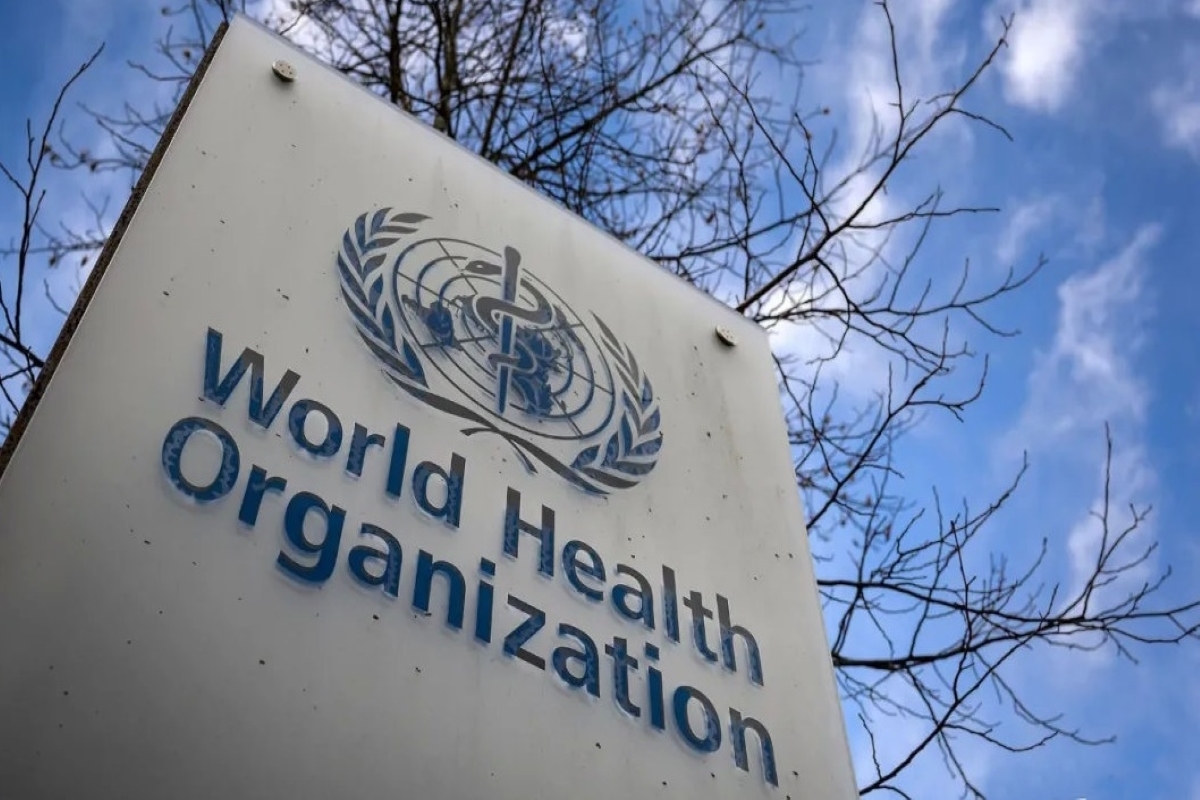Monkeypox infections may not be limited among men who have sex with men, as seen currently, but may spread beyond the community, a World Health Organization (WHO) official has warned.
Men who have sex with men are currently deemed at highest risk of infection. A study in the New England Journal of Medicine last week, which looked at infections across 16 countries between April and June, found that 98 per cent of cases were in gay or bisexual men.
Advertisement
According to Dr. Catherine Smallwood, senior emergency officer at the WHO, there is little evidence to suggest that the disease will remain confined to gay and bisexual communities, NBC reported.
More severe cases could become apparent if the virus spreads to more immunologically vulnerable groups like young children, pregnant women and the immunocompromised, Smallwood was quoted as saying.
She cautioned against complacency in the rapidly escalating monkeypox outbreak, which has so far caused more than 16,000 cases in about 75 countries and five deaths in Africa.
“At the moment, cases continue to be reported among men who have sex with men for the most part, but we should not expect that to remain as such,” Smallwood said.
“If it does spread to other groups, particularly to people who are vulnerable to severe monkeypox disease, which we know there are certain groups that are more prone to severe illness, then we might see increased public health impact,” she added.
It is not uncommon for a virus outbreak to start in one particular group or setting before spreading more widely in the general population, Smallwood said, noting that health authorities could take cues from the early findings.
“This really might be the canary in the mine that’s alerting us to a new disease threat that could spread to other groups,” she continued.
While several countries have already stepped up vaccination programmes for people most at risk, the vaccines are designed primarily for treating smallpox, said Smallwood adding more information is needed to determine their efficacy as the monkeypox virus continues to spread.
“We don’t have full information on how effective and how efficacious these vaccines are against monkeypox,” she said.
The WHO has activated its highest alert level for the escalating outbreak, declaring the virus a public health emergency of international concern.
This would now draw more attention to the outbreak and, as a consequence, research on vaccines and other modes of treatment, Smallwood said.
